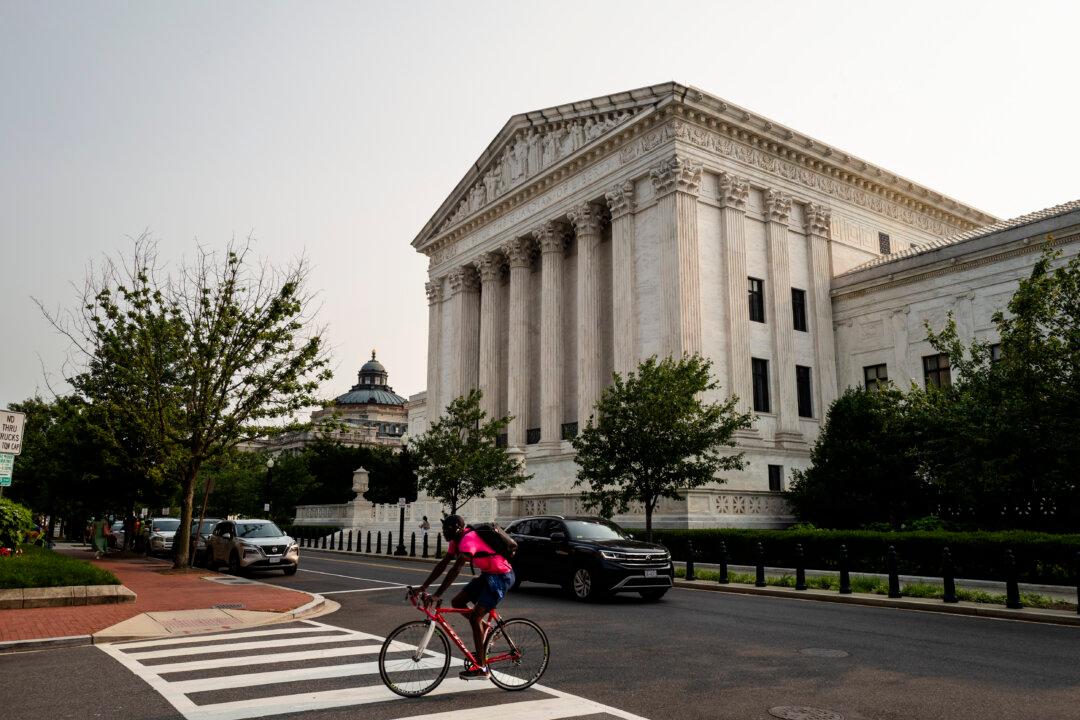Commentary
We just made it through another tax season. Congress has begun debating whether and how to extend the Trump tax cuts from the 2018 Tax Cuts and Jobs Act. While many elements of that tax debate are worth commenting on, I want to highlight the standard deduction because it sheds light on an underappreciated part of American philanthropy.





